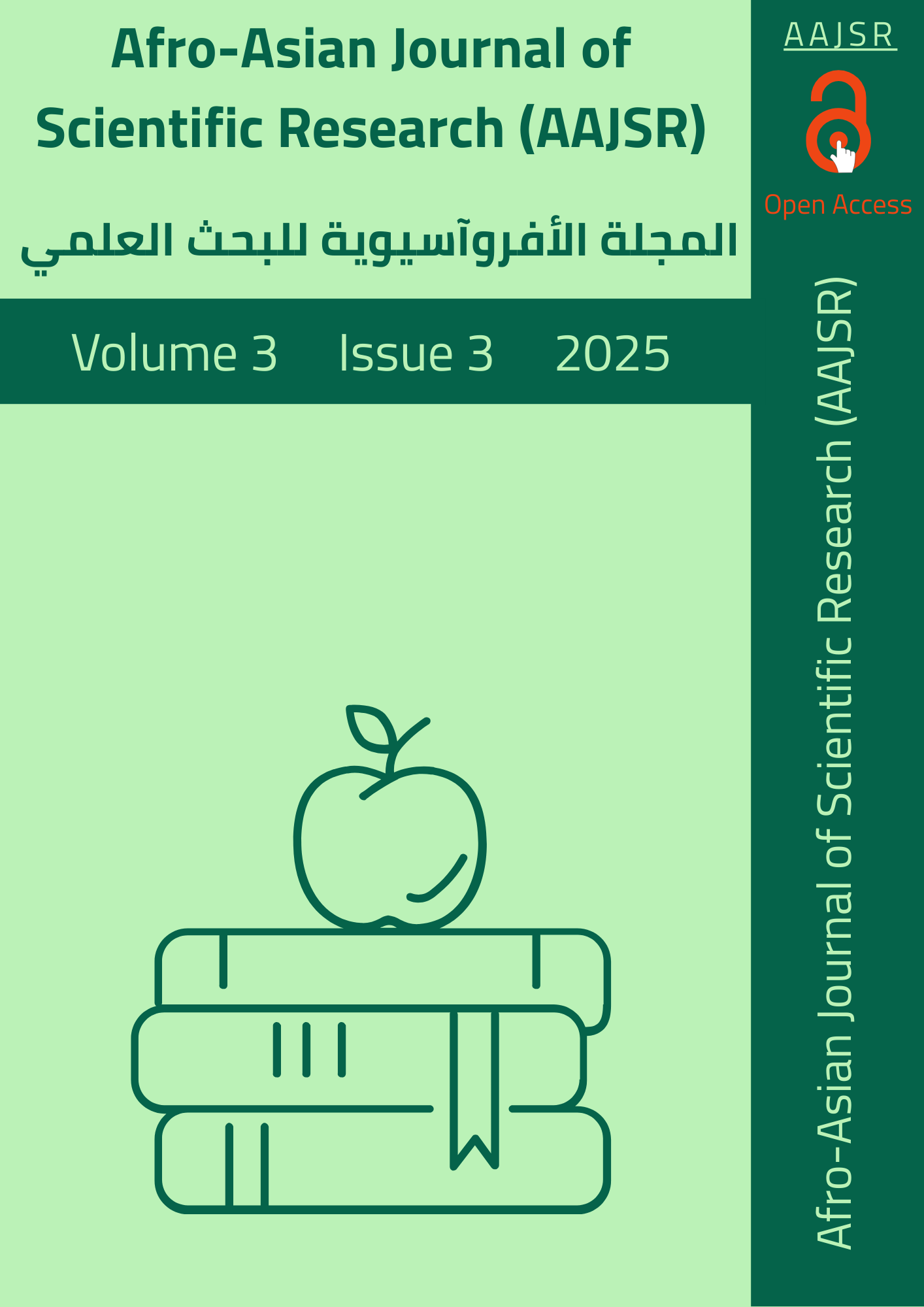Advances and Challenges in Biochar Application for Soil Amendment and Water Retention: A Global Synthesis
Keywords:
Biochar, Soil conditioner, Water retention, Climate change, Biochar-soil interactionsAbstract
Biochar, a carbon-rich product derived from the thermochemical conversion of biomass under oxygen-limited conditions (pyrolysis), has garnered significant attention as a sustainable soil amendment. This review synthesizes global research on biochar's efficacy in enhancing soil properties and improving water retention, critically evaluating its role within sustainable land management frameworks. Evidence consistently demonstrates that biochar application can improve soil physical structure (reducing bulk density, enhancing aggregation), increase cation exchange capacity (CEC), and significantly boost soil water holding capacity (WHC), particularly in coarse-textured or degraded soils. These improvements translate to enhanced crop resilience under drought stress and reduced irrigation demands. Furthermore, biochar contributes to long-term carbon sequestration, potentially mitigating climate change. However, the effectiveness is highly contingent on biochar properties (feedstock, pyrolysis temperature), soil type, climatic conditions, and application rates. Significant challenges persist, including variability in biochar performance, potential negative effects on certain soil biota or nutrient availability at high application rates, economic viability constraints, potential contaminants (e.g., PAHs, heavy metals), and the need for standardized sustainability assessment protocols integrating life cycle analysis (LCA) and long-term field trials. This synthesis underscores biochar's considerable potential as a sustainable amendment for soil health and water security but emphasizes that realizing this potential requires context-specific application strategies, rigorous quality control, economic optimization, and policies supporting its integration into circular bioeconomy models. Future research must prioritize long-term field studies, mechanistic understanding of biochar-soil-water-microbe interactions, and holistic sustainability assessments.





